What Is the Best Meat to Use for Homemade Beef Jerky

There's no question that plant-based foods are more than just a fad. Whether you choose to become a vegetarian for health, moral, environmental, or financial reasons, there are many plant-based options that can help you eliminate meat from your diet. For centuries, folks all over the world have been preparing healthy, sustainable dishes using various high-protein, meat-less ingredients. Best of all, these alternatives have surprisingly high nutritional values. With a little knowledge and creativity, anyone can use the following meat substitutes to create delicious plant-based meals.
1. Nuts
The Harvard School of Public Health concluded that replacing one serving of red meat with a serving of nuts can reduce mortality risk by almost 19%. In fact, the average person should strive for around 1-ounce of nuts per day. Best of all, nuts are versatile: You can add them to sandwiches, salads, breakfasts and delectable desserts.
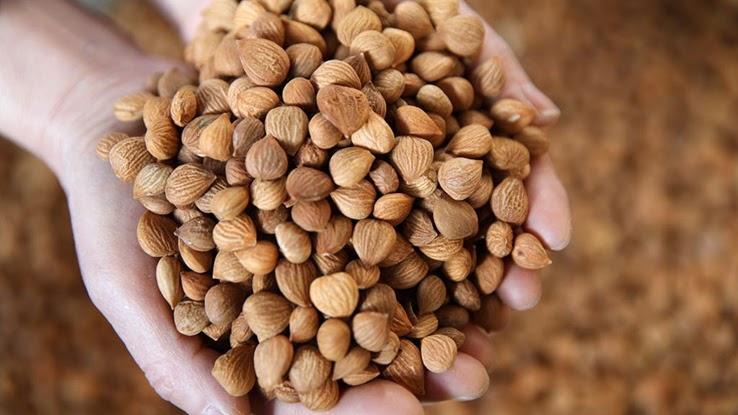
2. Soy
Soy can encompass a variety of vegetarian meat alternatives. Natural soy products, which include everything from tofu and edamame to tempeh and soy milk, are just some examples. In some cases, soy protein is isolated from soybeans made from dehulled and defatted soybean meal. In other instances, soy pulp, or okara, is often employed to create tasty veggie burgers. Another great option? The popular Japanese side dish unohana, which is cooked with soy sauce, sliced carrots, shiitake mushrooms and burdock root.
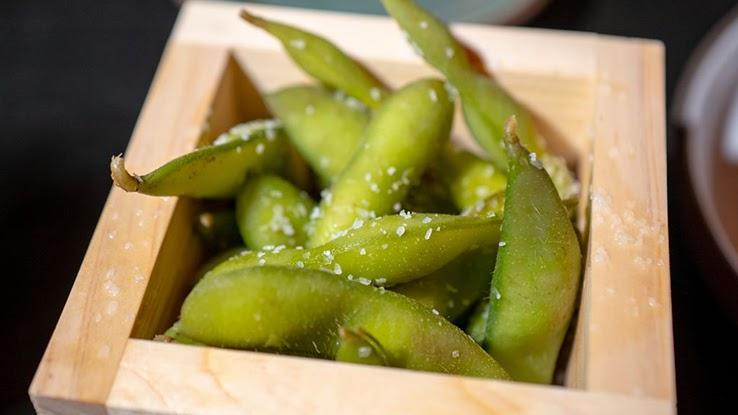
3. Bulgur Wheat
Recognized as a whole grain by the U.S. Department of Agriculture, bulgur is a healthy cereal food typical in Middle Eastern and Mediterranean dishes. Chefs around the globe make bulgur with parboiled groats and various wheat species. Often mistaken for cracked wheat, it possesses a nutty flavor. This common rice substitute is also rather versatile; not only is it commonly found in breakfast cereals, salads, bread and dessert puddings, but it also doesn't require any cooking. In India and Pakistan, bulgur is used to make porridge, and, in Armenia, folks prepare bulgur in pilaf, often alongside noodles, tomatoes, onions, herbs and red peppers.
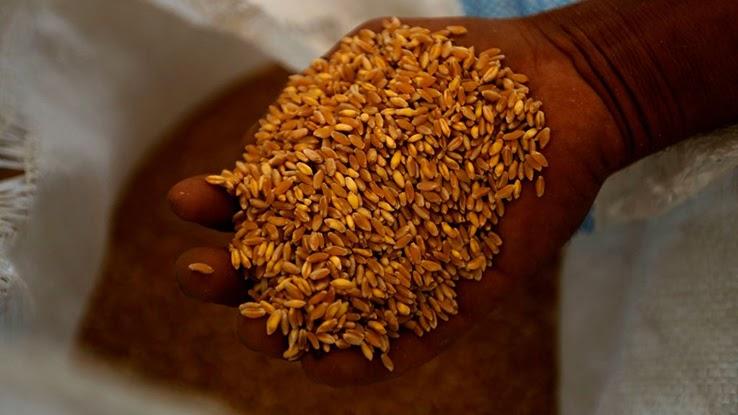
4. Eggplant
According to the Food and Agriculture Organization of the United Nations, raw eggplant is 92% water, 6% carbohydrates, and 1% protein. Although its nutrient offers are comparatively moderate, it scores points for versatility. In many dishes, its texture and density make it an ideal meat substitute. When cooked, eggplant becomes tender and offers a rich flavor, making it incredibly tasty too.
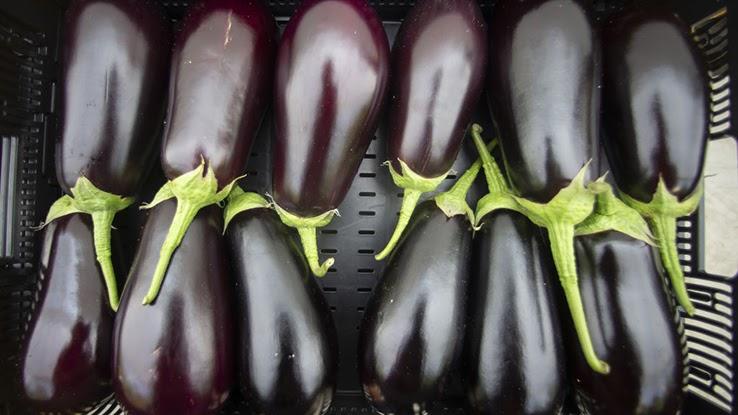
5. Tofu
Tofu has been a widely popular meat substitute for generations. According to Harvard Medical School "a 4-ounce serving of extra-firm tofu (a soybean product) has about 12 grams of protein and 120 calories." Tofu is not often used as a substitute for meat in Asia, but this trend is quite common in the West. For example, tofurkey, which is often made from tofu, is a standard replacement for turkey.
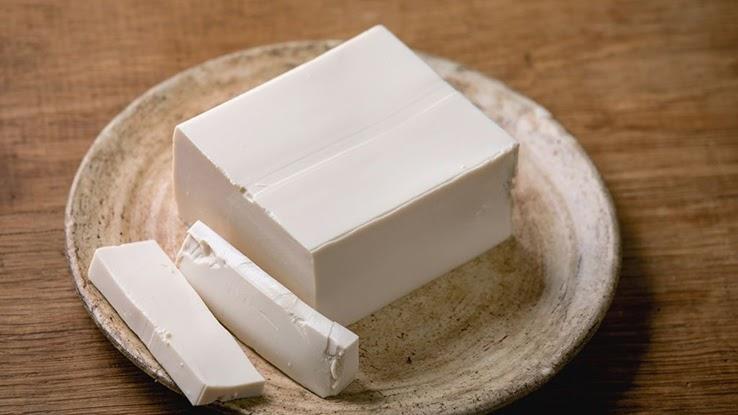
6. Portobello Mushrooms
A 100-gram serving of portobello mushrooms is an excellent source of energy. Packed with B vitamins, pantothenic acid, riboflavin, dietary mineral phosphorus, and niacin, fresh portobellos are also incredibly tasty. One of the most popular dishes? The stuffed portobello mushroom. After brushing the mushrooms with olive oil and roasting them in the oven, sauté and stuff the mushrooms with spinach and garlic. Add some marinara sauce, and you're ready to chow down.

7. Legumes
Beans and legumes are another valuable source of protein, and, for folks looking for a low-calorie option, they're a great alternative to nuts. Combining nuts and legumes is a great move though, especially if you're looking for a hearty meat alternative. In fact, there are legume-based versions of hot dogs, bacon, sausage and burgers.
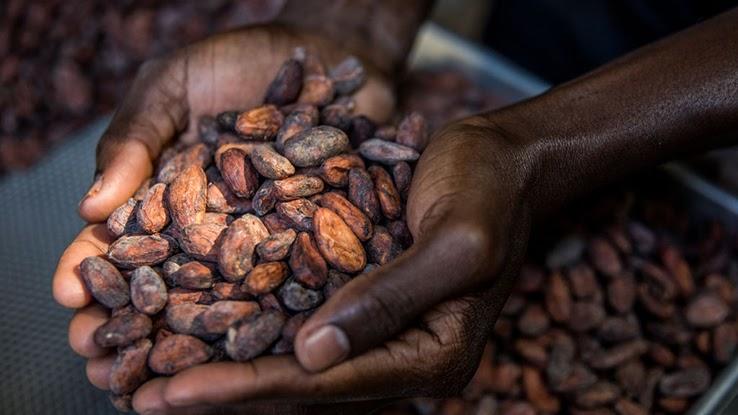
8. Tempeh
Made from soybeans, tempeh is fermented tofu. This traditionally Indonesian soy product possesses beneficial bacteria and the ever-essential B12. Prepare tempeh by cutting it into pieces; soaking it in a salty sauce or brine; and frying it. Looking to add some flavor? Marinate the tempeh with a mix of salt, coriander, turmeric, and ground garlic before deep-frying it.
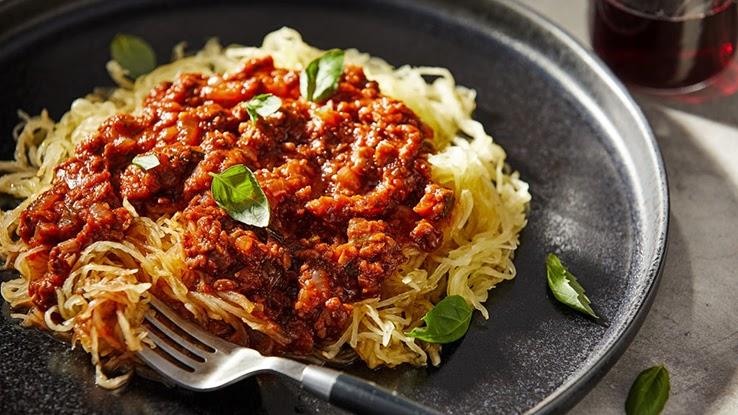
9. Seitan
Seitan is a wheat protein and, like tofu, it's great for preparing tofurky. Traditionally, it has been a meat substitute for Buddist monks in ancient China, where it was deep-fried and cooked into a variety of dishes. Vietnamese folks often prepare seitan the same way, but it can also be brazed and boiled in soups and stews. In Japan, seiten composes various vegetarian dishes, and, in western countries, seitan has become a popular, high-protein meat alternative that's often paired with mushrooms.

10. Hummus (and Chickpeas)
Hummus is a Middle Eastern and Mediterranean spread made from mashed chickpeas, lemon juice, tahini, and garlic. Chickpeas contain a generous amount of protein, vitamin B6, dietary fiber, and manganese, accounting for around 10% of one's daily nutritional value. Looking to reduce the fat content? Don't lean so heavily into the tahini or olive oil.
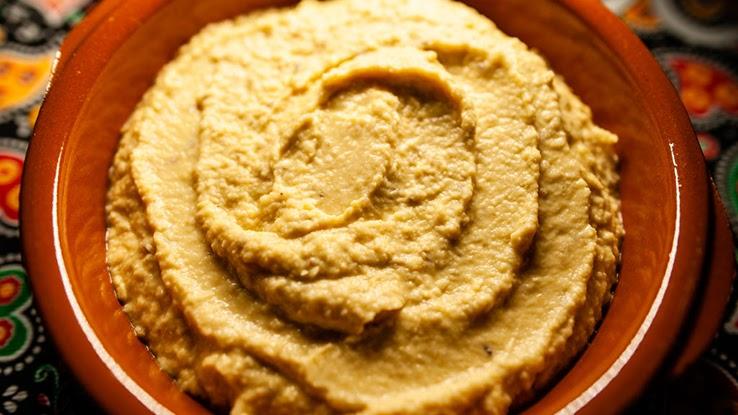
Resource Links:
- "Can I substitute nuts for animal protein?" via Harvard University, Harvard Medical School
- "Crops" via Food and Agricultural Organization of the United Nations
- "Major Study Says Nuts Are Best Replacement for Red Meat to Reduce Mortality" via The Peanut Institute
Source: https://www.symptomfind.com/nutrition-supplements/meat-substitutes-for-vegetarians?utm_content=params%3Ao%3D740013%26ad%3DdirN%26qo%3DserpIndex

0 Response to "What Is the Best Meat to Use for Homemade Beef Jerky"
Post a Comment